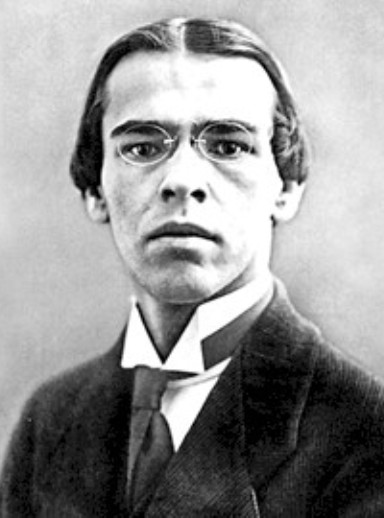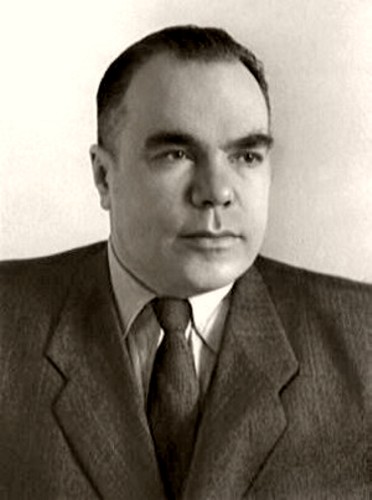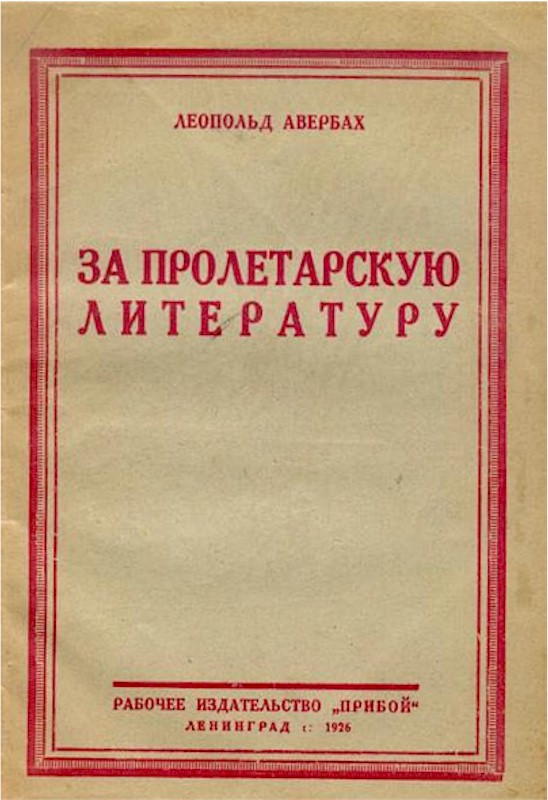Латунский, Ариман и Лаврович
Русский > Персонажи > Московские персонажи > Латунский, Ариман и Лаврович
Мы продолжаем напряженно работать, чтобы улучшить наш сайт и перевести его на другие языки. Русская версия этой страницы еще не совсем готова. Поэтому мы представляем здесь пока английскую версию. Мы благодарим вас за понимание.
Context
The critics Latunsky and Ariman, and the writer Mstislav Lavrovich have quite some power on the master. They form the editorial board that has to decide on the possible publication of his novel.
This editorial board rejects the manuscript about Pontius Pilate so it can't be published. According to the editorial secretary Lapshennikova, «a girl whose eyes were crossed towards her nose from constant lying», the publisher was provided with material for two years ahead, and therefore the question of printing the novel, as she put it, «did not arise». Yet, it is criticized in the press, and more in particular by the aforementioned Latunsky, Ariman, and the writer Mstislav Lavrovich.
Ariman started the offensive. Under the title An attack on the enemy he warned all and sundry that the master had attempted to foist into print an apology for Jesus Christ. Two days later, Mstislav Lavrovich published a second article, in which he recommended to «strike back». He wrote about «pilatism» and «an icon-dauber who had ventured to foist it - again that accursed word - into print». And Latunsky published that same day an article entitled A Militant Old Believer.
Joyless autumn days set in. The monstrous disaster with his novel has cut out a piece of the master's soul. The psychological desintegration sets in...
After her flight on the broom in chapter 21, Margarita will take revenge on Latunsky - «Latunsky eighty-four... Latunsky eighty-four...», she repeated in some sort of rapture while she was going impetuously up the stairs of the Dramlit building, where Latunsky lived in apartment 84.
Prototypes
Latunsky
The name Latunsky is probably a contraction of the names of two real critics, who were rather hostile to Bulgakov. The first one was Osaf Semenovich Litovsky (1892-1971), who was the chairman of the Главный репертуарный комитет (Главрепертком) [Glavny repertuarny komitet] (Glavrepertkom) or the Central Committee for Repertoires from 1930 to 1937. In a debate at the Meyerhold Theatre, Litovsky had introduced the term Булгаковщина (Bulgakovshchina) or Bulgakovism after the first performances of Bulgakov's play Days of the Turbins. So, now you know immediately what Bulgakov meant when he used the term Pilatism.
The second is the critic Alexander Robertovich Krips (1892-1938), who wrote under the pseudonym Alexander Robertovich Orlinsky, and who called to resistance against Bulgakovism.
Osaf Semeznovich Litovsky actually lived in the building at Lavrushinsky pereulok 17, which Bulgakov used as a prototype for Dramlit. Moreover, he lived on the seventh floor, in apartment 84, exactly the apartment which Margarita destroyed in the novel after her flight on the broom over Moscow.
Ariman
Ariman is probably the real critic Leopold Leonidovich Averbach (1903-1939). From 1925 to 1932, Leopold Averbach was the secretary of the writers' union Российская Ассоциация Пролетарских Писателей (РАПП) [Rossyskaya assotsiatsiya Proletarskikh Pisateley] (RAPP) or the Russian Association of Proletarian Writers. Averbach was an intolerant advocate of proletarian literature and one of Bulgakov’s fiercest opponents. Bulgakov has given him the name of the Persian evil spirit Ariman. In 1926, Averbach wroteЗа пролетарскую литературу [Za proletarskuyu lieratury] or About the Proletarian Literature, in which he called Bulgakov «the most prominent representative of the right wing».
Lavrovich
Lavrovich could be Vsevolod Vitalyevich Vishnevsky (1900-1951), the man who made remove Bulgakov's plays Бег [The Flight] and Мольер [Molière] from the repertoire of the Moscow Art Theatre MKhAT. In 1933 Vishnesky wrote, among other things, the film scenario We from Kronstadt, which inspired Bulgakov to introduce the writer Iohann from Kronstadt among the writers in the Griboedov House in chapter 5.
Other interpretations
The self-willed Ukrainean polemicist Alfred Nikolajevich Barkov (1941-2004) argued that the Latunsky character was based on the former People's Commissar for Education, Enlightenment and Sciences Anatoliy Vasilyevich Lunacharsky (1875-1933), and that The Master and Margarita itself was a parody of Faust and the City, a play written by Lunacharsky in 1918.
The literary critic and philologist Georgy Aleksandrovich Lesskis (1917-2000), who wrote the comments of the 1990 edition of the novel, argued that Lunacharsky was the prototype for Berlioz.
More considerations
The description of the opposition to the work of the master contains characteristics of all aforementioned critics. Bulgakov obviously wanted to symbolise the entire literary machinary, rather than specific individual critics. Maybe that's the reason why Margarita, after her flight on the broom, contents herself with destroying just Latunsky's flat, and not the man himself. Revenge against the system rather than against persons. One of the characteristics of this system was that books that were refused for publication, and thus nobody could have read outside the author's inner circle, were nevertheless criticized in the press. The same happened at the end of the '50's when Boris Leonidovich Pasternak (1890-1960) had tried to publish Doctor Zhivago.
Поместить эту страницу |
Московские персонажи
- Аннушка
- Арчибальд Арчибальдович
- Жорж Бенгальский
- Михаил Александрович Берлиоз
- Иван Николаевич Бездомный
- Никанор Иванович Босой
- Автор скетчей Хустов
- Латунский, Ариман и Лаврович
- Степан Богданович Лиходеев
- Савва Потапович Куролесов
- Профессор Кузьмин
- Барон Майгель
- Алоизий Могарыч
- Максимилиан Андреевич Поплавский
- Александр Рюхин
- Аркадий Аполлонович Семплеяров
- Андрей Фокич Соков
- Доктор Стравинский
- Тузбубен
- Писателей в Грибоедове
- Другие персонажи в Москве


